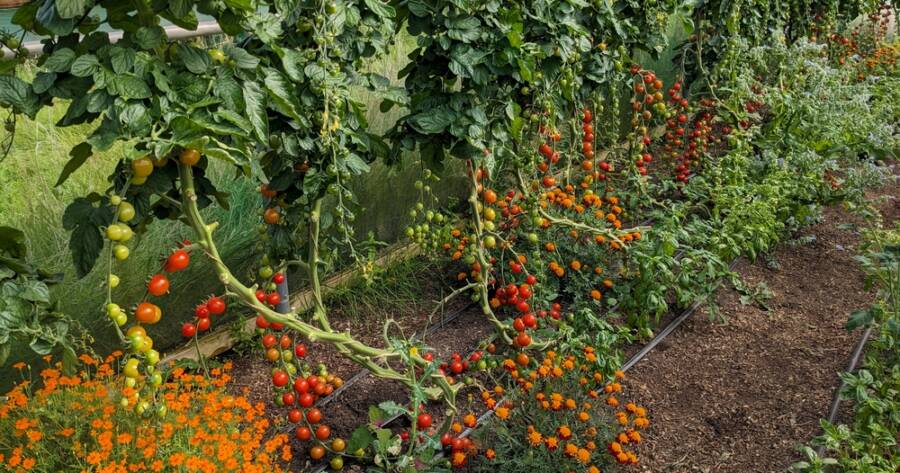Cultivating a culinary garden can be a rewarding endeavor that brings fresh, homegrown ingredients to your kitchen. With thoughtful planning, this endeavor might enhance both your cooking and well-being, providing a sustainable source of herbs, vegetables, and fruits. Starting a garden can be a delightful way to explore new flavors while possibly reducing grocery bills.
Choosing the Right Location
The success of a culinary garden often begins with choosing the right location. Ideally, the area should receive ample sunlight, as most herbs and vegetables typically require at least six hours of sun a day. Soil quality might also play a crucial role; testing your soil or using raised beds with quality compost can support plant health.
For those with limited outdoor space, container gardening on patios or balconies could be a viable option. Containers offer flexibility and can be moved to different sun exposures as needed. Selecting the right location might maximize growth potential and yield.
Selecting Seeds and Plants
Choosing the right seeds and plants can lead to a more satisfying harvest. Novice gardeners might start with herbs such as basil, parsley, and thyme, which are often easier to grow and can frequently be used in various dishes. Tomatoes, peppers, and lettuce are also popular choices for their versatility and abundance.
Considering climate and growing conditions is essential. Some plants thrive in warmer climates while others are more suited to cooler regions. Consulting local gardening centers or extension services could provide insights into the best varieties for your area, potentially leading to a more successful gardening experience.
Soil and Composting
Healthy soil is often the foundation of a thriving culinary garden. Mixing compost into soil might improve fertility and texture, providing essential nutrients to plants. Composting kitchen scraps can not only reduce waste but also create a rich soil amendment that could boost plant growth.
Managing soil pH and structure is crucial. Ensuring proper drainage can prevent root rot and other issues. Regularly replenishing the soil with organic matter may support the ecosystem within your garden, promoting harmony between plants and soil life.
Watering Techniques
Proper watering techniques can be key to nurturing a culinary garden. Overwatering or underwatering might stress plants, leading to poor growth or disease. Using a drip irrigation system could offer a controlled way to apply water directly to the roots, conserving resources and enhancing plant health.
Observing your plants and adjusting watering routines according to weather conditions might prevent common problems. During hot, dry spells, more frequent watering might be needed, whereas rainy periods might require less frequent application. Tailoring your approach to your garden’s specific needs could foster a dynamic and resilient growing environment.
Pest and Disease Management
Gardening often involves dealing with pests and diseases. Integrated pest management practices, such as attracting beneficial insects or using natural deterrents, might help maintain a balanced ecosystem. Planting marigolds or nasturtiums can offer natural protection by repelling unwanted insects.
Identifying issues early might prevent significant damage. Regular inspection and using organic solutions, like neem oil or insecticidal soap, may deter pests without harming beneficial organisms. Maintaining healthy plants through proper care could also naturally resist diseases and infestations.
Harvesting and Culinary Use
Knowing when and how to harvest can maximize the flavors and yields of your culinary garden. Most herbs are best harvested in the morning when oils are most concentrated. Picking vegetables at their peak ripeness might result in better taste and nutritional value.
Storing freshly picked ingredients properly can also enhance their longevity. Utilizing your harvest in creative ways, such as fresh salads, homemade sauces, or herbal teas, can infuse meals with vibrant flavors. Exploring new recipes and techniques can make cooking a joy, turning your garden into an inspiration for culinary adventures.
Learn More Today!
Developing a culinary garden offers an opportunity to grow fresh ingredients and explore the joys of sustainable living. By focusing on location, plant selection, soil health, and proper care, a thriving garden may be established, enhancing both your meals and lifestyle.
Engaging in this rewarding activity may offer a deeper connection to nature and food, providing nourishment for both body and soul. With patience and curiosity, gardening could become a cherished aspect of everyday life.





